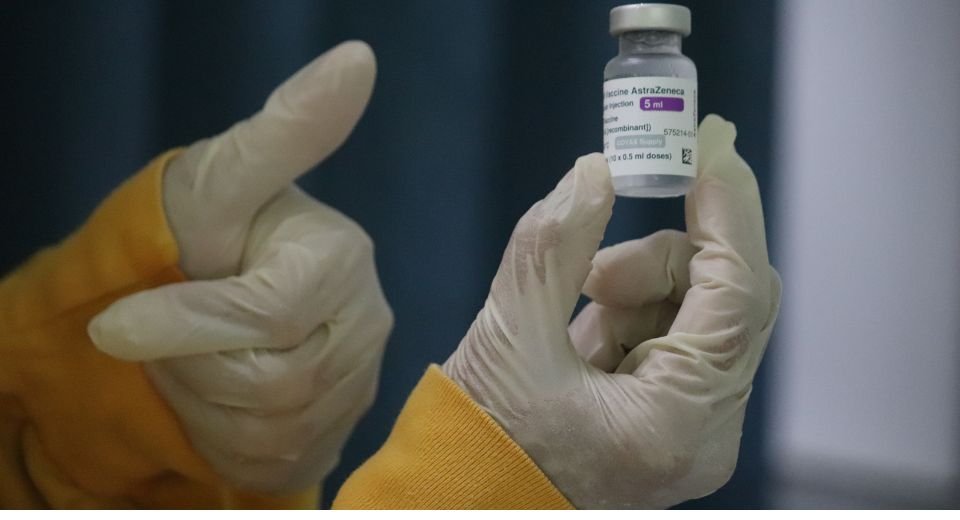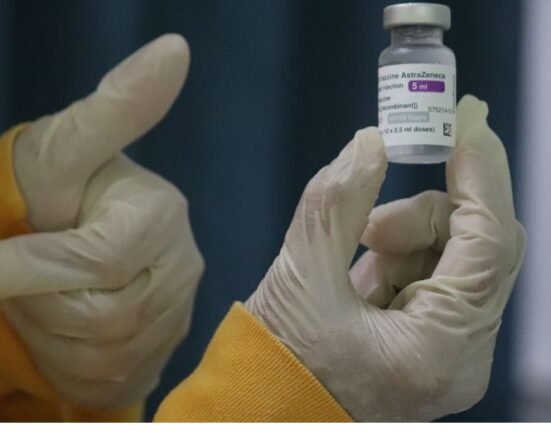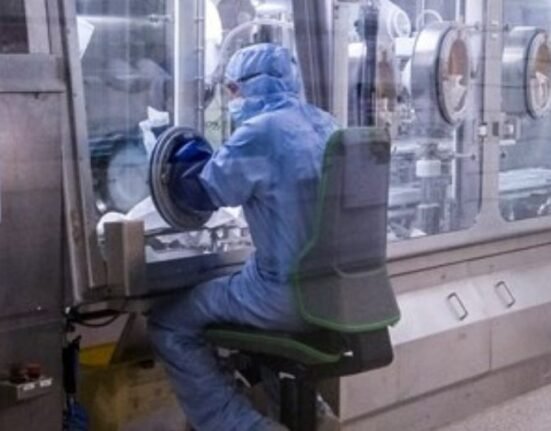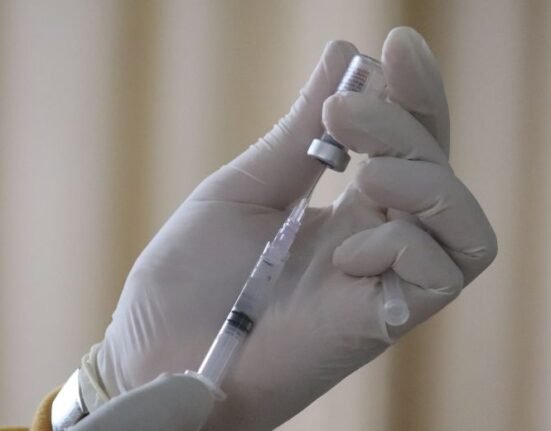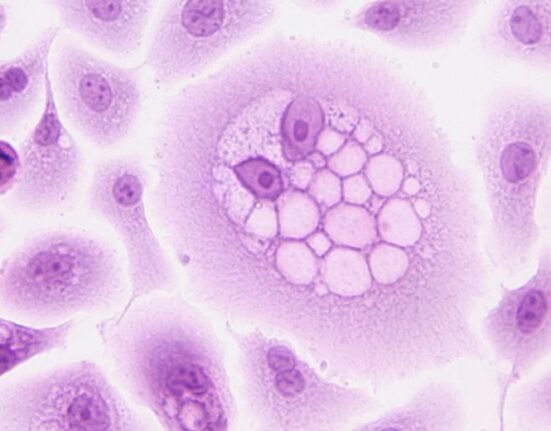HQ Team
April 8, 2023: Cancer vaccines will be ready by the end of this decade, according to pharmaceutical company Moderna’s chief medical officer.
Dr Paul Burton, the chief medical officer of Moderna, said in an interview to a leading publication that he believes the firm will be able to offer such treatments for “all sorts of disease areas” including cardiovascular and autoimmune diseases, in as little as five years.
The messenger RNA (mRNA) vaccination that helped curb the deadly spread of the Coronavirus vaccine has been a hopeful candidate for treating cancer and heart diseases.
Burton said: “We will have that vaccine and it will be highly effective, and it will save many hundreds of thousands, if not millions of lives. I think we will be able to offer personalised cancer vaccines against multiple different tumour types to people around the world.”
Moderna and Merck have already announced that an experimental personalised cancer vaccine, based on the messenger RNA (mRNA) technology, has received Breakthrough Therapy Designation from the USFDA.
The FDA granted Breakthrough Therapy Designation based on positive data from the second trial phase on 157 candidates suffering from the third and fourth stages of melanoma.
Immune response of mRNA
The mRNA-4157/V940 is designed to stimulate an immune response by generating specific T-cell responses based on the unique mutational signature of a patient’s tumour.
Keytruda is an immunotherapy that works by increasing the ability of the body’s immune system to help detect and fight tumour cells. Personalised cancer vaccines prime the immune system so patients can generate a tailored anti-tumour response specific to their tumour mutation signature.
The mRNA-4157/V940 is designed to stimulate an immune response by generating specific T-cell responses based on the unique mutational signature of a patient’s tumour.
After administration into the body, the algorithmically-derived and mRNA-encoded neoantigen sequences are endogenously translated and undergo natural cellular antigen processing and presentation — a critical step in adaptive immunity.
“Based on early clinical studies, combining mRNA-4157/V940 with Keytruda may potentially provide an additive benefit and enhance T cell-mediated destruction of tumour cells,” according to the statement from the company.
Merck Moderna and BioNtech plans
Merck signed a $250 million deal with Moderna in October to develop the therapeutic cancer vaccine personalized for individual patients. The agreement was initially entered in 2016, but Merck is now exercising its option to develop and sell the product The companies will share all costs and profits equally.
The husband and wife co-founders of BioNTech said in a recent interview to BBC that a cancer vaccine could be widely available within the next decade.
“Yes, we feel that a cure for cancer, or to changing cancer patients’ lives, is in our grasp,” said Professor Ozlem Tureci during an interview on BBC’s “Sunday with Laura Kuenssberg.”
The cancer vaccine may be widely available within just eight years, said Professor Ugur Sahin.
“We believe that this will happen, definitely, before 2030,” he told Keunssberg.
Burton of Moderna said in his interview: “I think we will have mRNA-based therapies for rare diseases that were previously undruggable, and I think that 10 years from now, we will be approaching a world where you truly can identify the genetic cause of a disease and, with relative simplicity, go and edit that out and repair it using mRNA-based technology.”
Burton said: “I think what we have learned in recent months is that if you ever thought that mRNA was just for infectious diseases, or just for Covid, the evidence now is that that’s absolutely not the case.
“It can be applied to all sorts of disease areas; we are in cancer, infectious disease, cardiovascular disease, autoimmune diseases, rare disease. We have studies in all of those areas and they have all shown tremendous promise.”
Moderna-CytomX mRNA deal
In an earlier development, Moderna announced a $35 million licensing deal with cancer-focused drugmaker CytomX to develop messenger RNA therapies.
CytomX Therapeutics will receive an upfront payment of $35 million, including $5 million of pre-paid research funding, according to a Moderna statement.
The California-based CytomX will also continue receiving research funding and is eligible for up to approximately $1.2 billion in future development, regulatory, and commercial milestone payments.


